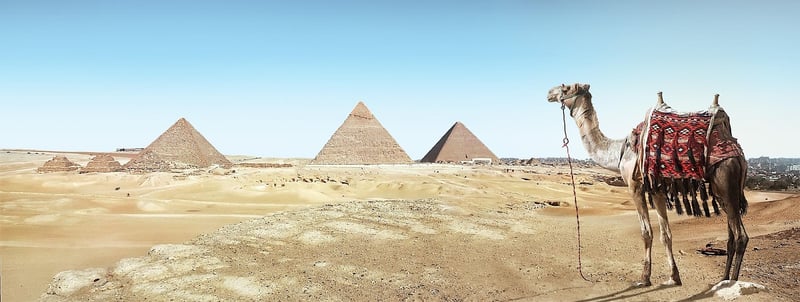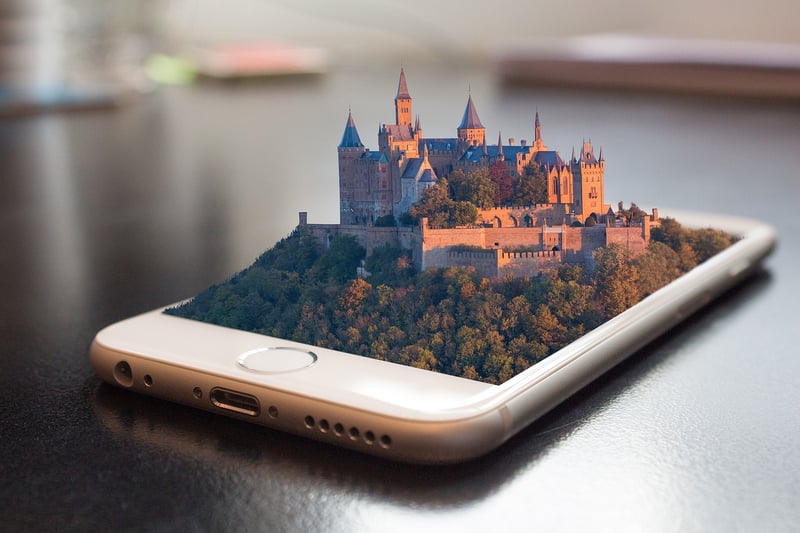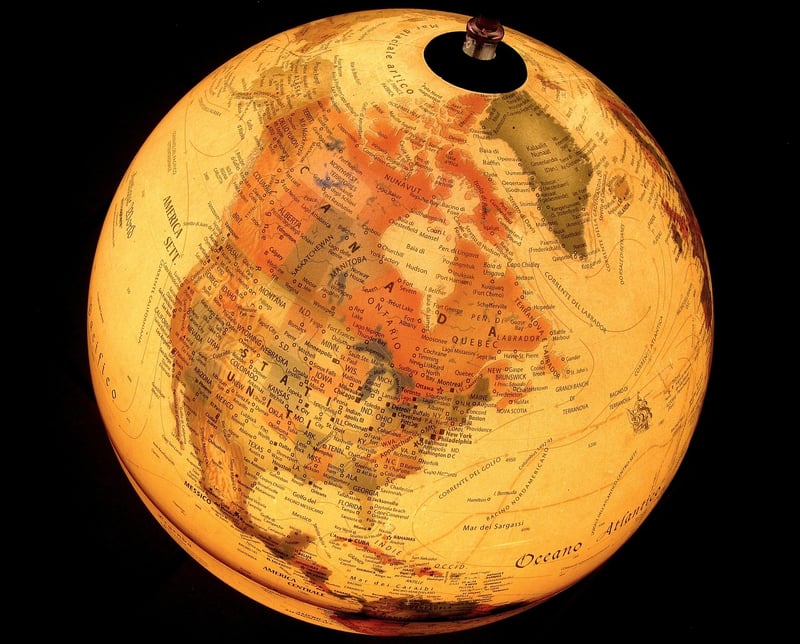Future Discovery
Exploring Time Through Different Eras and Dimensions
Time is a concept that has fascinated humans for centuries. From ancient civilizations to modern scientists, the exploration of time has been a never-ending quest. Let's delve into different eras and dimensions to uncover the mysteries and possibilities that time holds.
Ancient Times
Ancient civilizations such as the Egyptians, Greeks, and Mayans had their own unique ways of measuring and understanding time. From sundials to calendars, these early societies laid the foundation for our current understanding of timekeeping.

The Middle Ages
The Middle Ages saw the development of mechanical clocks and the division of the day into hours. Monks in monasteries meticulously kept time using water clocks and candle clocks, contributing to the advancement of time measurement.

The Industrial Revolution
The Industrial Revolution brought about significant changes in how time was perceived and used. The invention of the steam engine and the standardization of time zones revolutionized travel and communication, shaping the modern world.

Modern Times
In the modern era, advancements in technology have allowed for precise timekeeping with atomic clocks and the synchronization of time across the globe through the internet. Time travel theories and concepts like wormholes continue to capture the imagination of scientists and enthusiasts alike.

Future Discoveries
As we push the boundaries of science and technology, the exploration of time is likely to take us to new frontiers. Concepts such as parallel universes, multiverses, and time dilation could reshape our understanding of time and reality.

Time remains a mysterious and captivating aspect of our existence, inviting us to ponder its intricacies and possibilities. Whether through the lens of history, science, or imagination, the exploration of time continues to inspire and intrigue us.
